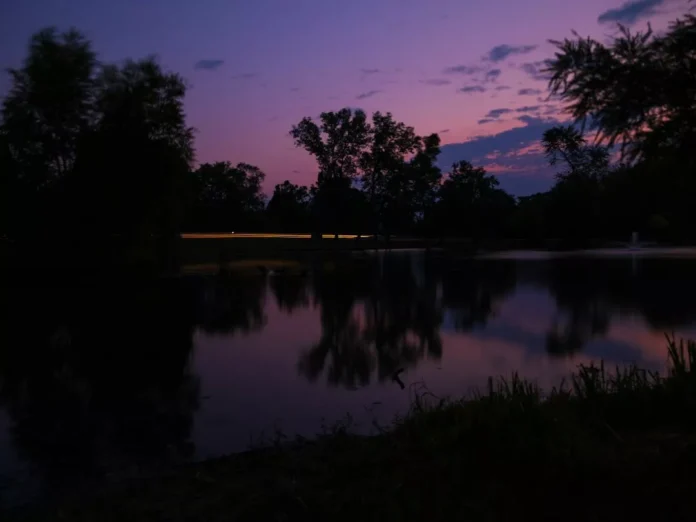Forming journalists is a crucial task in today’s ever-changing media landscape. With the rise of fake news and biased reporting, it is more important than ever to have well-trained and ethical journalists who can uncover the truth and present it to the public. This is where workshops such as the investigative journalism workshop “Ndrangheta stereotypes and reality” come into play.
Led by renowned journalist Claudio La Camera, this workshop aims to train aspiring journalists in the art of investigative reporting. La Camera, who has been a journalist for over 20 years, is known for his fearless and in-depth reporting, especially on sensitive issues such as organized crime. His experience and expertise make him the perfect mentor for young journalists looking to make a difference in the field of journalism.
One of the main focuses of the workshop is to debunk the stereotypes surrounding the ‘Ndrangheta, a powerful and secretive mafia organization based in southern Italy. This topic is especially relevant in today’s media, where sensationalism often takes precedence over factual reporting. By shedding light on the reality of the ‘Ndrangheta, La Camera hopes to encourage journalists to dig deeper and present a more nuanced and accurate portrayal of this criminal organization.
But the workshop is not just about exposing the negative aspects of the ‘Ndrangheta. La Camera also emphasizes the importance of highlighting positive experiences and stories within the community. This approach not only provides a more balanced view but also humanizes the people affected by the ‘Ndrangheta’s influence. It is a reminder that even in the midst of corruption and crime, there is still good in the world.
The workshop also delves into the practical aspects of investigative journalism. Participants are taught how to conduct thorough research, gather evidence, and conduct interviews in a professional and ethical manner. These skills are essential for any journalist, but they are especially crucial in investigative reporting where accuracy and credibility are of utmost importance.
A highlight of the workshop is the opportunity for participants to work on a real-life case. La Camera presents a case he has been investigating, and the participants are given the chance to put their newly acquired skills into practice. This hands-on experience is invaluable for aspiring journalists and allows them to see the impact their work can have on society.
One of the most inspiring aspects of the workshop is the success stories that have emerged from it. Many of the participants have gone on to become successful investigative journalists, exposing corruption and shedding light on important issues. Their work has had a significant impact on society, and their dedication to the principles taught in the workshop is a testament to its effectiveness.
One such success story is that of a young journalist who attended the workshop and later became involved in the investigation of a high-profile ‘Ndrangheta case. His reporting played a crucial role in the indictment of several members of the organization, and he was even awarded for his outstanding work. This is just one example of how the workshop has empowered and motivated young journalists to make a difference in their communities.
In conclusion, the investigative journalism workshop “Ndrangheta stereotypes and reality” is a vital step in forming ethical and skilled journalists. Led by the experienced and dedicated Claudio La Camera, this workshop not only teaches the practical aspects of investigative reporting but also instills the importance of presenting a balanced and accurate portrayal of sensitive issues. The success stories that have emerged from this workshop are a testament to its effectiveness, and it is a valuable opportunity for any aspiring journalist looking to make a positive impact in the world of journalism.

